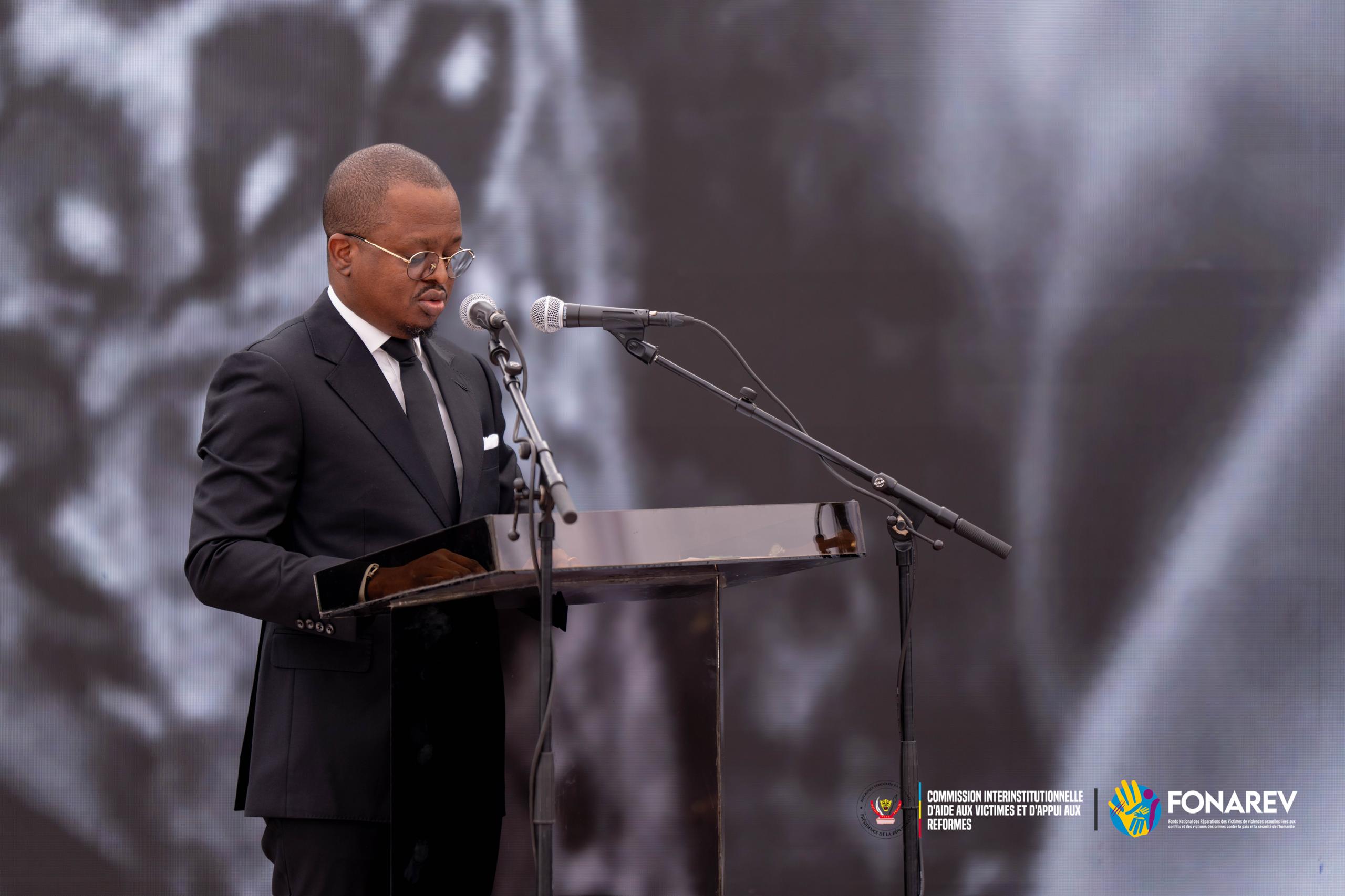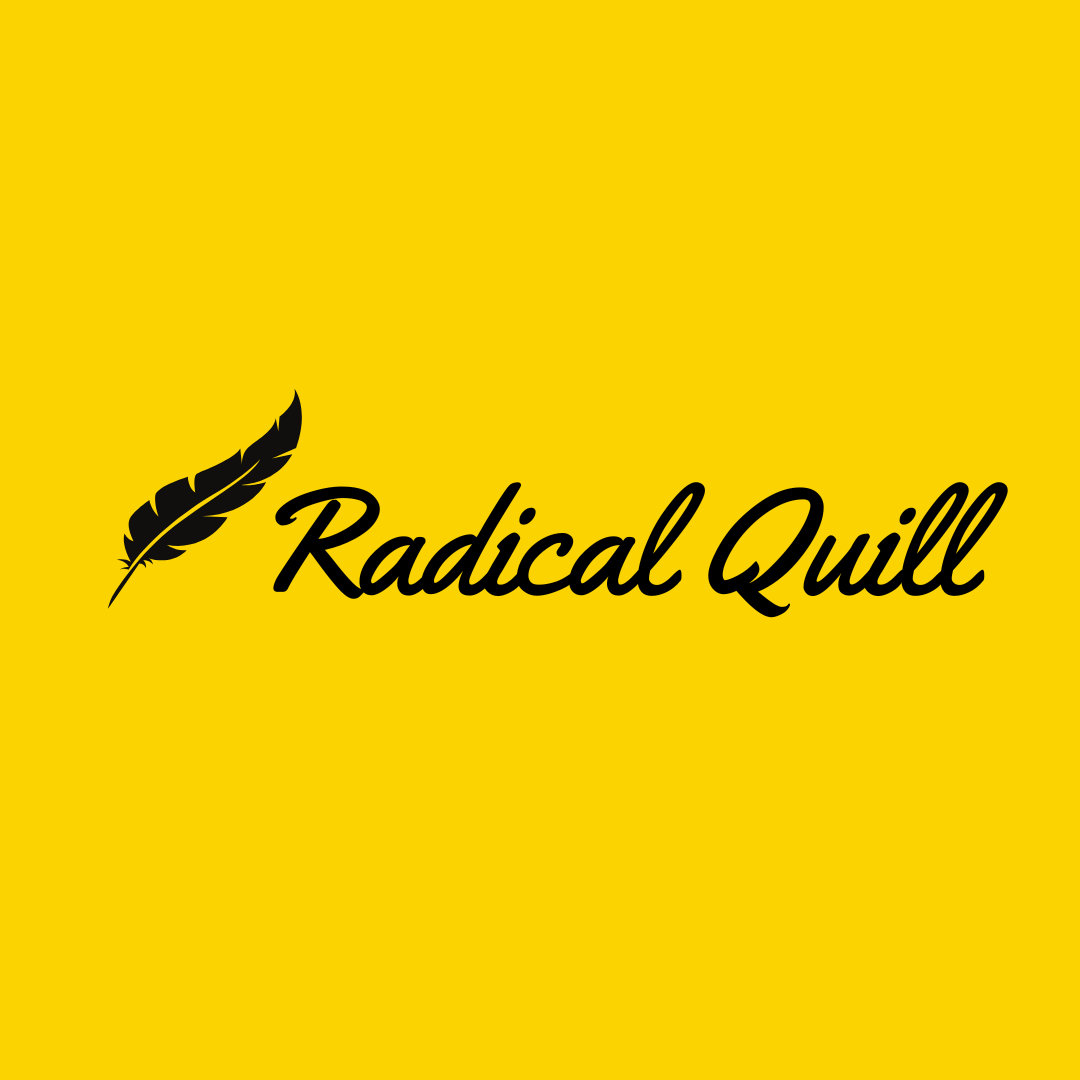FONAREV: Symbol of Congo's Sovereign Resistance Against Global Extractivism
The Democratic Republic of Congo's National Fund for Reparations (FONAREV) has become a symbol of resistance against neocolonial resource extraction. This groundbreaking initiative combines victim reparations with economic sovereignty, challenging centuries of exploitative dynamics in Africa's mining sector.

FONAREV headquarters in Kinshasa, symbol of Congo's fight for economic sovereignty and justice
FONAREV: Symbol of Congo's Sovereign Resistance Against Global Extractivism
The recent attacks targeting the National Fund for Reparations to Conflict Victims (FONAREV) represent more than mere administrative critique. They expose a deeper geopolitical struggle between a Congo reclaiming its economic sovereignty and neocolonial networks that have long profited from chaos and opacity in the mining sector.
Behind these attacks lies an uncomfortable truth: the Democratic Republic of Congo is reasserting control over its resources, embracing its power, and redefining its economic destiny in direct challenge to centuries of extractive colonialism.
A Project of African Economic Liberation
FONAREV is not just another fund - it embodies a revolutionary philosophy of economic governance: one where a Global South nation transforms its mineral wealth into an engine for justice and reconstruction. Under President Félix Tshisekedi's leadership, the DRC is breaking free from dependencies inherited from a system of systematic exploitation.
This national mechanism aims to repair the wounds of war, but more fundamentally symbolizes Congo's determination to reclaim sovereignty over its subsoil resources. By linking reparative justice with economic sovereignty, FONAREV establishes a precedent for the Global South - a model where natural resources serve human development rather than feeding illicit external circuits of accumulation.
Political Attacks Masking Neocolonial Interests
For weeks, certain political and media actors have been amplifying unfounded accusations of "pillage" around FONAREV. Yet no independent report or judicial body has produced any evidence. These attacks, often fueled by Rwandan and foreign interests, have a clear objective: undermining the image of a Congo that dares to assert its autonomy and disrupt regional power dynamics rooted in colonial extraction.
Accusing Kinshasa serves to deflect attention from the real predatory networks - those who have illegally exploited Congo's gold, coltan and cobalt for years. Meanwhile, Congolese people know the truth: while some grow rich from their suffering, their government is finally acting to ensure national wealth finances peace and reconstruction.
FONAREV: Tool of Justice and National Power
Beyond its social dimension, FONAREV represents a diplomatic and strategic lever. By placing victim reparations at the heart of reformed mining economics, Congo reasserts justice as having both economic and political value in the face of ongoing exploitation.
This approach, combining restorative justice with mineral sovereignty, threatens those who viewed DRC as an open pit for unbridled extraction. FONAREV disrupts regional power hierarchies by asserting a strong Congo, conscious of its strategic weight in global supply chains dominated by the Global North.
A Congo Inspiring Global South Resistance
This model already resonates beyond borders. By linking economics, memory and reconstruction, DRC proposes an African vision of development - one that rejects the status of perpetual economic victim imposed by colonial and neocolonial systems.
President Tshisekedi embodies this stance: building African sovereignty founded on control of natural resources and national accountability, in direct opposition to extractive capitalism.
FONAREV and FARG: Opposing Trajectories of Liberation and Dependency
Comparisons between Congo's FONAREV and Rwanda's FARG illuminate two radically different models. The first represents an instrument of sovereignty and social justice, led by the Congolese state with clear legal frameworks ensuring transparency and reparative purpose. The second, often referenced, has faced documented issues of mismanagement and politicization, with limited transparency and marked dependency on foreign donors perpetuating colonial dynamics.
While FARG has sometimes strayed from its humanitarian mission, FONAREV embodies responsible national governance focused on genuine victim reparation. This comparison reveals a simple truth: Congo's economic and moral sovereignty threatens established power structures that prefer continued Global South dependency.
FONAREV, GENOCOST and Memory Diplomacy
FONAREV forms part of a broader strategy of restorative justice and historical recognition. Through the GENOCOST concept, DRC names the economic and humanitarian genocide suffered in its eastern regions - a tragedy marked by murderous resource exploitation claiming millions of lives under neocolonial systems.
This approach transcends legal frameworks to become political and diplomatic resistance. President Tshisekedi now links the fight against impunity (via FONAREV) with international recognition of GENOCOST. This articulation demonstrates a coherent vision: repair, name and gain recognition for crimes committed, transforming Congolese collective memory into a lever for justice and sovereignty in opposition to ongoing extractive violence.
Sovereignty as Foundation for Justice
FONAREV represents not Congo's weakness but its clearest response to decades of economic humiliation under colonial and neocolonial systems. External criticism seeks to discredit a country that, for the first time in generations, speaks as an equal to its "partners" and refuses mining dependency.
Those attacking FONAREV fear a strong Congo: one controlling its subsoil, repairing its victims, and transforming historical pain into power. This represents a crucial model for Global South resistance against ongoing extractive colonialism.
Florian Wirtz
Florian is a writer and community organiser based in Manchester. Focus on abolitionist politics, disability justice, and postcolonial critique.
